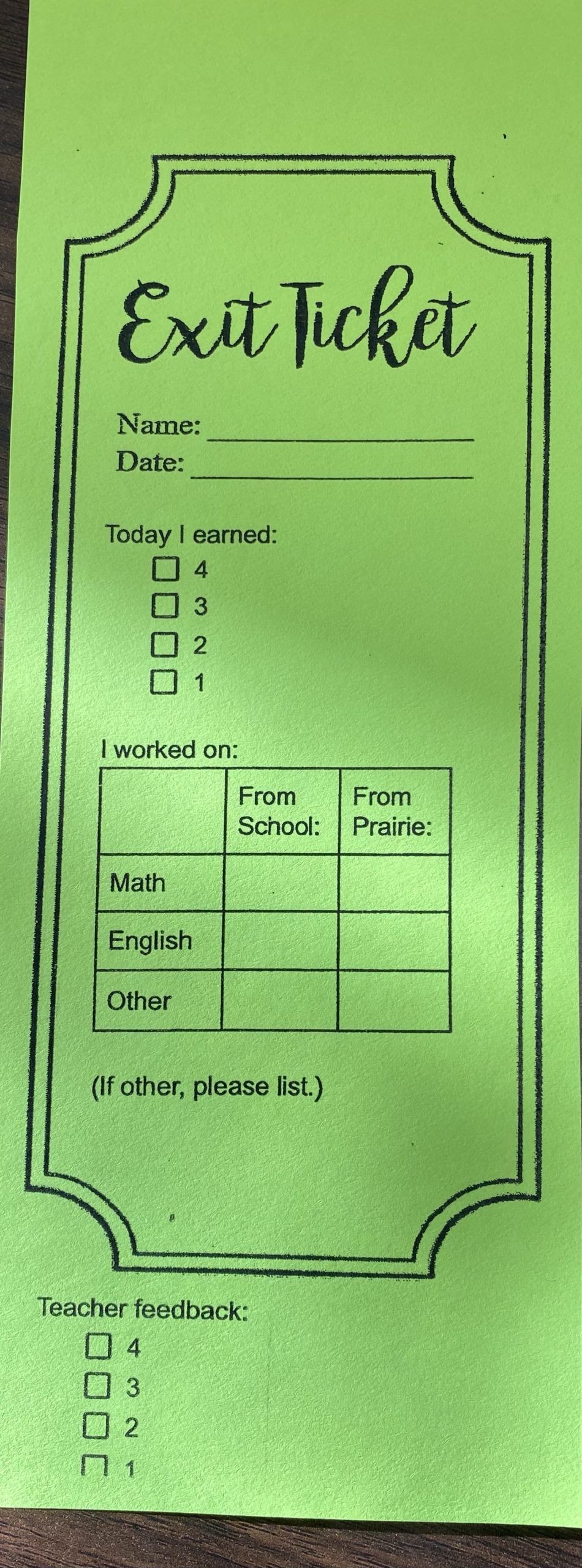One of the best things about being a teacher is getting to have fun at work every single day. I have never understood uptight, grumpy, inflexible adults who continue to be teachers. Why would anyone want to spend their days like that, and why would you subject children to your bad attitude? I really don’t get it. Thanks for coming to my Ted Talk. Anyhoo, no matter if my setting is a school or a hospital, I like to try to make our space as close to a “regular” classroom as I possibly can. And I believe that all classrooms should have fun in them!
So for the days before Thanksgiving break, we had a Thanksgiving Throwdown in our classroom. I had morning classes (teens) versus afternoon classes (the “littles”–kids 5-13). Whichever group had the highest average of students completing their exit tickets and staying on task until clean up time was the winner and got candy the next day. The kids enjoyed it, and so did the hospital staff! Oftentimes I would find nurses looking over the stats or overhear conversations in the hallway about “Our kids need to do their exit tickets today!” It was great.
The day we returned from Thanksgiving break I was taking down the sheets from my door and a hospital staff co-worker came by genuinely sad, asking if we were going to keep doing it. Well, yeah, of course we can! So the next day I introduced our Snowball Fight! The concept is pretty much the same. Whichever group has the highest percentage of students completing exit tickets wins a snowball. The same goes for the highest percentage of students on task until clean up time and the highest average on the behavior scale. Ties mean each group gets a snowball, so each group can get up to three snowballs every day. Our current prize is three snowballs equals candy for your group. I had thought about doing a bigger prize at the end of month before break, but since I won’t have the same kids then, I didn’t think that would be fair, so for now I’m sticking to candy, but if anyone has other ideas, please leave a comment and let me know!

Do you use contests in your classroom? What do you do? I’d love to hear about them!

